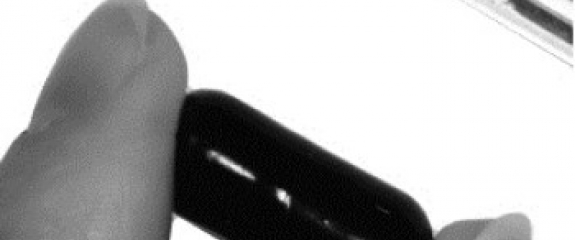Swallowable battery could enable future ingestible medical devices

Batteries made with melanin pigments, naturally found in the skin, hair and eyes, could form non-toxic, edible batteries could one day power ingestible devices for diagnosing and treating disease. Edible electronic devices to diagnose or treat disease need a power source without toxicity issues.
Around two decades ago, scientists developed a battery-operated ingestible camera to augment endoscopy by accessing parts of the digestive system inaccessible by traditional endoscopy. But it is designed to pass through the body and be excreted - though there remains the risk that the device will get stuck with the potential exposure to toxic components. The researchers will present their work today at the 252nd National Meeting & Exposition of the American Chemical Society.
To minimize the potential harm of future ingestible devices, a team at Carnegie Mellon University (CMU) turned to melanins and other naturally occurring compounds. The researchers experimented with battery designs. Although the capacity of a melanin battery is low relative to lithium-ion, they would be high enough to power an ingestible drug-delivery or sensing devices. In parallel with the melanin batteries, the team is also making edible batteries with other biomaterials such as pectin.


